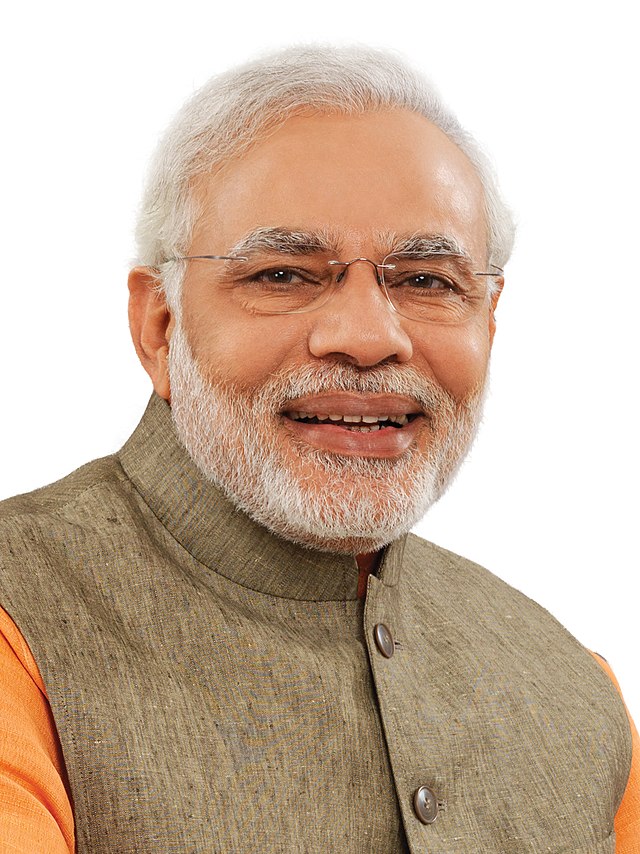
The Congress alleged that Modi’s statement contradicts his earlier assertion of being a leader with "non-biological" endurance, a remark made during a public engagement eight months ago. Party leaders took the opportunity to highlight what they call an economic downturn under Modi’s leadership, linking his “human” admission to policy missteps that they claim have led to diminished investor confidence, slowed growth, and rising unemployment.
Critiques from Congress leaders underscored concerns over the current state of the economy, citing sluggish GDP growth and a widening fiscal deficit. They argued that the prime minister’s remarks reflect an effort to shift the narrative away from declining economic performance. Congress spokespersons noted that foreign direct investment (FDI) inflows have shown signs of strain, attributing it to what they described as “an erosion of trust” in India’s economic policy environment.
Economic analysts have pointed to several contributing factors behind these challenges. Rising global uncertainties, supply chain disruptions, and inflationary pressures have compounded domestic issues such as regulatory hurdles and policy unpredictability. Critics within and outside India’s political spectrum argue that these concerns, coupled with perceptions of centralization in decision-making, have prompted hesitation among international investors.
Congress leaders have juxtaposed Modi’s earlier speeches, in which he projected an image of resilience and exceptional governance, against his current statements, calling it a “damage control exercise.” They accuse the prime minister of overpromising transformative results without adequately addressing ground-level economic issues.
Political observers suggest that Congress’s strategic pivot to economic criticism could gain traction ahead of the elections, as household inflation, unemployment, and income disparities remain pressing voter concerns. Despite the government’s efforts to highlight infrastructure investments and digital transformation as growth enablers, the opposition maintains that these initiatives have not translated into tangible benefits for ordinary citizens.
While BJP supporters have defended Modi’s remarks, calling them a sign of humility and realism, opposition leaders have dismissed the explanation, arguing that accountability, rather than modesty, is required at this juncture. They allege that the economic policies under Modi’s administration, particularly demonetization and the rollout of the Goods and Services Tax (GST), have left lasting negative impacts on small businesses and informal sectors.
Congress’s sharp response is part of a broader strategy to challenge Modi’s image as a leader capable of navigating crises. Analysts note that this is not the first instance where opposition parties have sought to capitalize on Modi’s public statements to question his credibility. However, they caution that the BJP’s robust communication apparatus and the prime minister’s popularity among certain voter bases make it challenging for such narratives to gain widespread traction.
Economic experts have weighed in on the debate, with some emphasizing that while India’s macroeconomic fundamentals remain strong, the current challenges highlight the need for policy adjustments. Calls for reforms in labor laws, land acquisition, and banking have resurfaced, as stakeholders urge the government to focus on creating a more investor-friendly ecosystem.
As the political discourse intensifies, the prime minister’s comment has opened up discussions about the broader implications of leadership rhetoric in shaping public perception. Congress leaders have continued to amplify their critique through social media and press briefings, reiterating their stance that Modi’s governance has fallen short of the transformative change promised during his campaigns.
